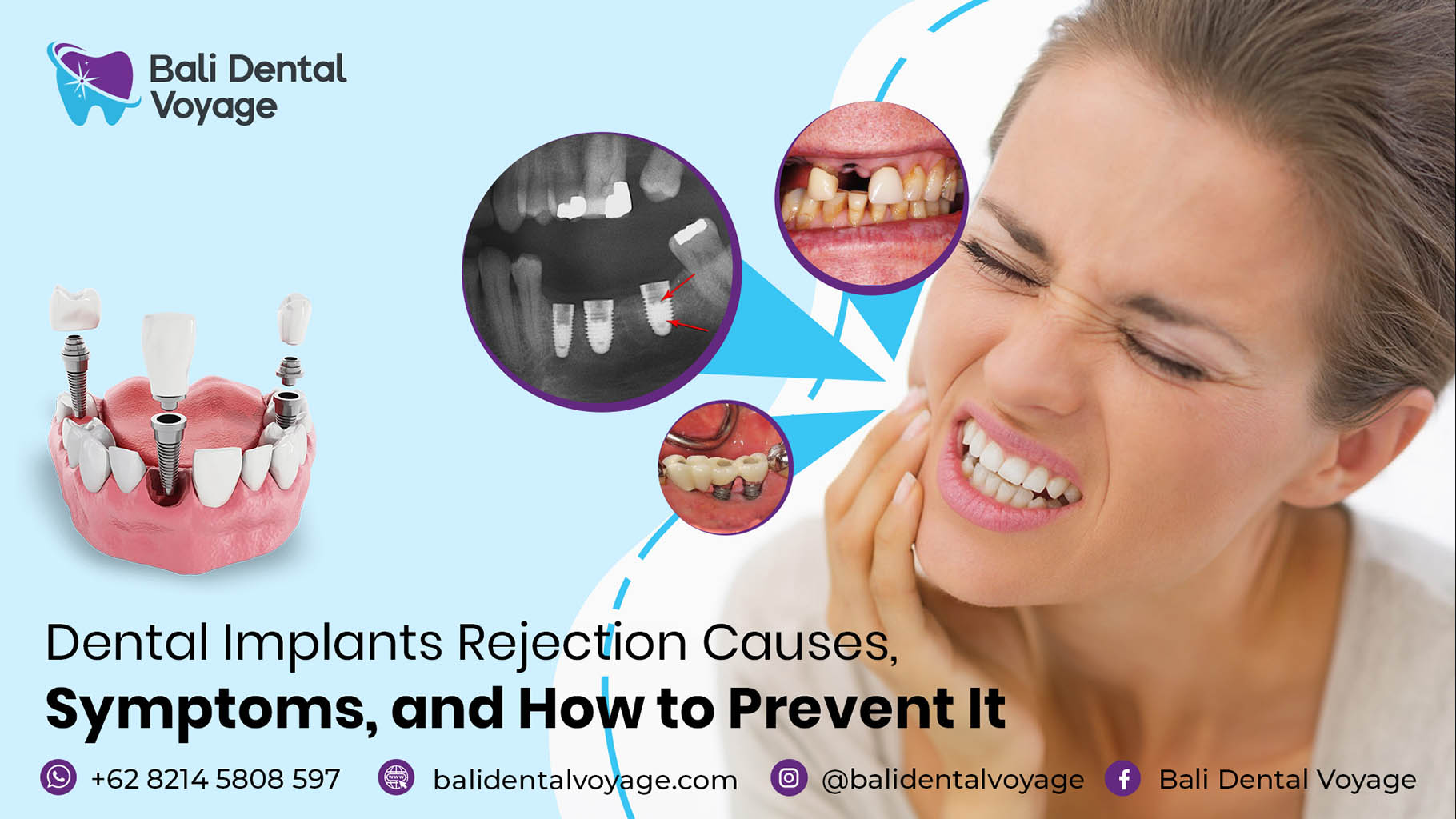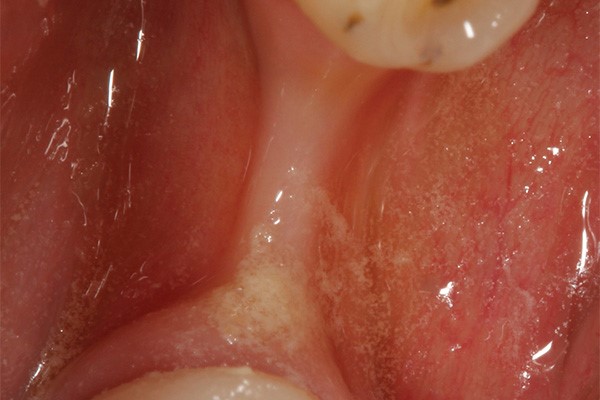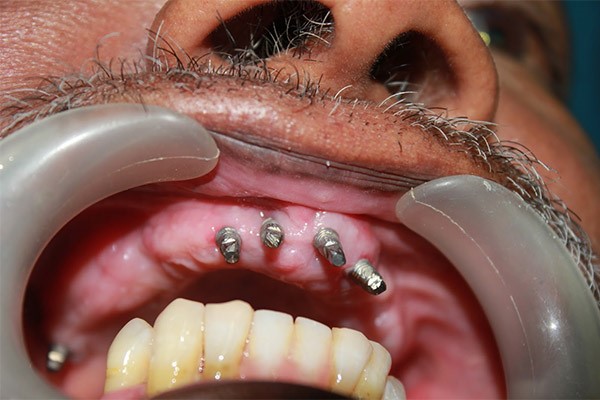
In the realm of modern dentistry, dental implants have revolutionised the way we approach tooth loss. Yet, despite their benefits, there’s an elephant in the room that must be addressed – dental implants rejection. Understanding this phenomenon is crucial to ensure a successful implantation process.
Table of contents:
- Dental Implants Rejection Causes
- Dental Implant Infection Symptoms
- Preventing Implant Failure
- Dental Implant Failure Treatment
After all, knowledge is the first step towards prevention. In this article, we delve into the causes, symptoms, and how to prevent dental implants rejection.
Dental Implants Rejection Causes
Dental implant rejection, otherwise known as implant failure, is a significant concern in the world of dentistry. It occurs when the body’s immune system perceives the implant as a foreign object and launches a response to eliminate it. Several factors can cause dental implant rejection, including:
- Poor oral hygiene
- Smoking
- Underlying medical conditions such as:
- Diabetes
- Osteoporosis
A study found that the overall failure rate of dental implants is approximately five per cent, highlighting the importance of understanding and addressing these causes.
Dental Implant Infection Symptoms

Infections pose a significant threat to the success of dental implants, often leading to implant rejection if not addressed promptly. These infections, clinically referred to as peri-implantitis, typically develop around the implant site and have the potential to cause severe damage if left untreated.
One cannot overstate the importance of being able to recognise the common dental implant infection symptoms. Early detection significantly increases the chances of a successful treatment and prevents further complications.
These symptoms include:
- Persistent pain or discomfort around the implant area
- Swelling and inflammation of the gums
- Redness or discoloration around the implant site
- Pus discharge, indicating the presence of an infection
- Loosening of the implant, which is often a sign of bone loss
In more severe cases of peri-implantitis, patients may experience additional dental implant infection symptoms such as noticeable loosening of the implant or even bone loss. These alarming signs should be promptly reported to a dental professional for immediate intervention.
The key lies in vigilance and prompt action; knowing the dental implant infection symptoms can make all the difference in the world when it comes to the success of your dental implant.
Preventing Implant Failure
Preventing implant failure is a critical aspect of maintaining the health and longevity of your dental implants. This process involves a combination of good oral hygiene practices and regular dental check-ups.
Dentists at our well-known Bali dental clinic have highlighted several key steps for preventing implant failure:
- Brushing and flossing daily
Consistent and thorough oral hygiene is essential to keep bacteria at bay, which can lead to infections and dental implant failure. - Avoiding smoking
Smoking has been linked to higher rates of implant failure due to its negative effects on oral health. - Maintaining a healthy diet
Consuming nutrient-rich foods supports overall oral health, contributing to the success of your implants.
Regular dental check-ups are also crucial for early detection of any potential issues. Professionals at the Bali dental clinic emphasise the importance of these visits in monitoring the condition of your implants.
Preventing implant failure doesn’t stop at-home care. It’s recommended to schedule professional cleanings at your Bali dental clinic frequently. These cleaning sessions can help remove plaque and tartar build-up that regular brushing and flossing might miss.
Remember, preventing implant failure is always better than dealing with the consequences. The costs of treating failed implants, both financially and physically, can be significant. Therefore, investing in preventative measures is not just a smart decision but a necessity.
By following these guidelines from your trusted Bali dental clinic, you’re taking proactive steps towards preventing implant failure, ensuring the longevity of your dental implants, and maintaining your oral health.
Dental Implant Failure Treatment

If dental implant rejection occurs, several treatment options are available. These range from antibiotics to combat infection, surgical intervention for severe cases, and in some instances, removal of the implant.
However, it’s not all doom and gloom. Many patients at try Bali dental implants Seminyak treatment by Bali Dental Voyage have experienced successful re-implantation after initial failure.
Remember, each person’s situation is unique, so it’s essential to consult your dentist for personalised guidance. In conclusion, while dental implants rejection can be a daunting prospect, understanding its causes, symptoms, and prevention strategies can go a long way in ensuring a successful implant process.
So, keep your smile bright and your implants secure by staying informed and proactive.




